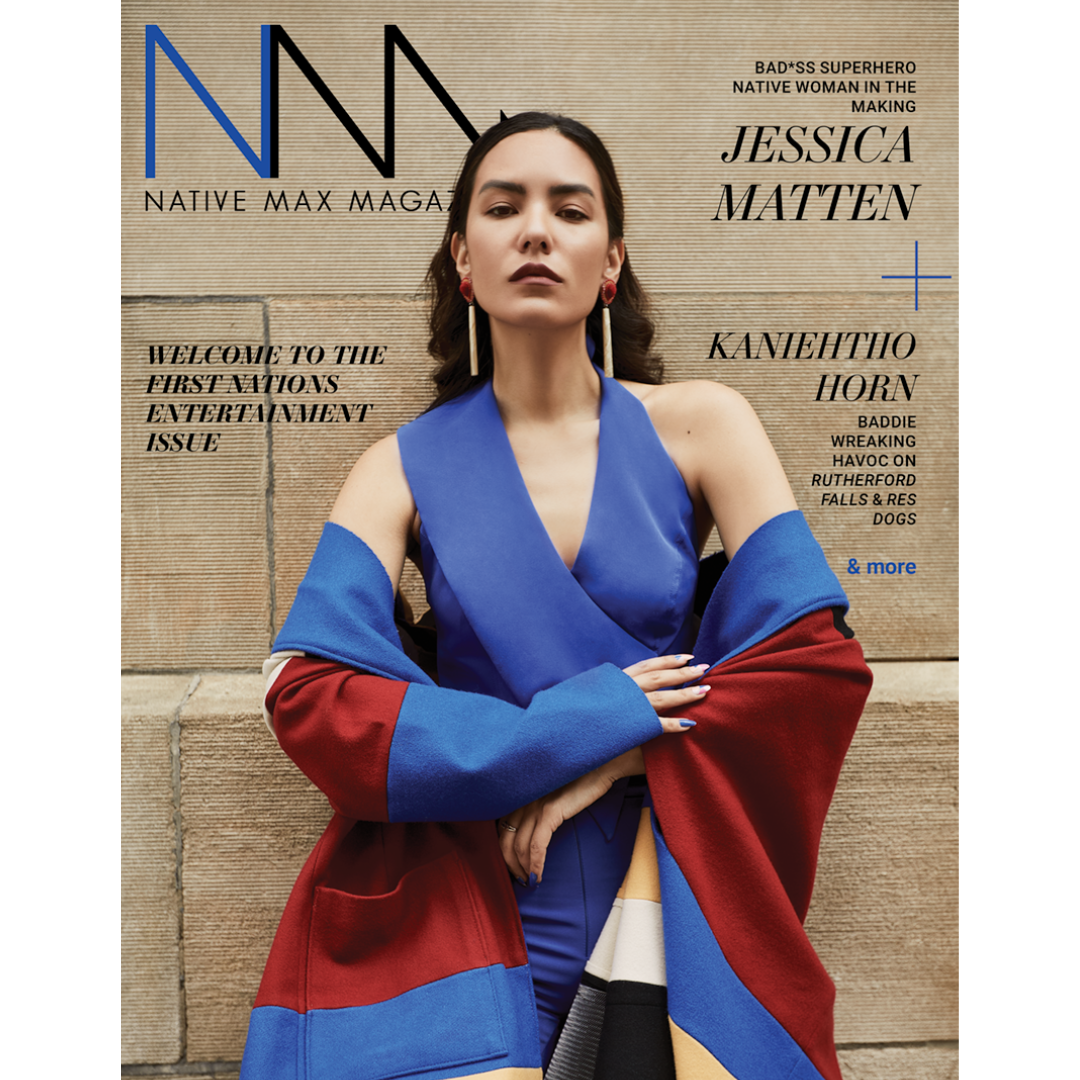Select a subscription plans
You need a subscription to access this content.
My Native American identity journey is akin to an adult who meets their biological family after recently learning that person was adopted as an infant. For the majority of my life, I have had very little affiliation with my Seminole heritage. It was not by choice, but circumstance. After my parents separated when I was a toddler, I moved from a Seminole Reservation to New York with my mother and siblings. My mother, who is African-American, did her best to teach me about my Native American culture despite the fact that it comes from my father. As years passed, I gradually identified with what I saw in the mirror and as what society viewed me as, which was a Black male. Since childhood, I was taught to be proud of my rich African heritage, especially since we live in a society that grossly discourages that.
Despite my absence from Native communities, I was still drawn to my Seminole side. While in college, I developed a strong desire to work for the Seminole Tribe of Florida. This eagerness stemmed from reflecting on the many sacrifices my ancestors made for my people to be prosperous. As an employee of my Tribe, I am fortunate to be immersed in Seminole history and culture daily. My ancestors have invested in me, so I want to be an investment to my Tribe. In the coming years, I want to help inspire other Seminoles to carry the torch our ancestors have handed us.
All of my life, I grew up identifying myself as a Black male. Outside of visiting museums or learning about Native American history through education or stories my mother told me, I did not have any direct connection to my Native American side. As a result, there have been moments when I questioned whether or not I was Native enough. This belief mainly came from people I encountered who made me feel as if I did not belong. These thoughts have dispelled due to some of the close relationships I have with other Seminoles show share similar aspirations as I do in relation to helping ensure our Tribe’s longevity.
Although I do not have a clan, I do not feel that makes me any less Native. I have made efforts to better familiarize myself with my Native heritage by constantly absorbing as much knowledge about my Seminole heritage as possible. Through research, I learned about my Tribe’s first Chairwoman, Betty Mae Tiger Jumper, who devoted her life to helping the Seminole Tribe of Florida prosper. Due to her foresight and selfless efforts, many of the programs that she started still exist.
As a Seminole with African ancestry, I come from two lineages that have undoubtedly experienced the most traumatic events of any other race in American history. The aftermath of slavery has created a people who are descendants of lost cultures and identities. The genocide and displacement of Native Americans have caused Natives’ rights to continue to be dismissed and disrespected. Society has marginalized us, and systemic racism continues to breed broken families, low senses of dignity, and cultural misrepresentations in our communities. These issues will continue to plague us if we stop developing resources that encourage solidarity and empowerment amongst our people.
Despite centuries of hardships, our presence is still here, and this is just the beginning for us as people Black and Native.
More of our stories need to be told because it helps us educate people like us to have a sense of belonging and encourages that pride in being Native and African. The images of Natives shown throughout entertainment do not look like us, but that does not mean we do not matter…we most certainly do. Historically, American society has placed limitations on what is expected of us, but we do not have to accept that. The Atlantic slave trade and the Trail of Tears have shown that there is nothing we cannot overcome. Despite centuries of hardships, our presence is still here, and this is just the beginning for us as people Black and Native.
Writer Aaron Tommie (Seminole/Black) is featured as part of our Native Max Afro-Native series, a space on nativemax.com dedicated to the Black and Native narrative. Read more stories and information here. To submit your story, email us at nativemax(at)gmail.com.











